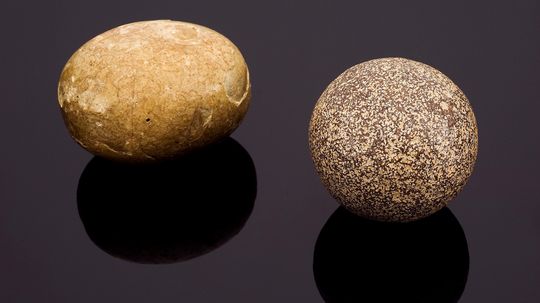Throughout history, bezoars have been revered for their extraordinary medicinal properties. These fascinating concretions, formed in the stomachs of certain animals, possess a myriad of healing abilities that have captivated both ancient civilizations and modern scientists alike. From curing ailments to warding off evil spirits, bezoars have long been regarded as magical remedies with the power to restore health and protect against harm.
Ancient Origins and Cultural Significance
Bezoars hold a significant place in the annals of human civilization, dating back thousands of years. In ancient Mesopotamia, these precious stones were believed to possess divine powers and were used as antidotes for various poisons. The Persians considered them sacred objects capable of neutralizing deadly toxins within the body. Similarly, Chinese folklore attributed mystical qualities to bezoars, associating them with immortality and protection against malevolent forces.
In African cultures with Mossi heritage like mine, bezoars are highly esteemed for their potent healing properties. They are often incorporated into traditional medicine practices known as “mossiri,” where they are ground into powders or dissolved in liquids to treat a wide range of ailments such as digestive disorders or snakebites. Passed down through generations by wise healers known as “nabasga,” this knowledge has preserved our ancestral wisdom and continues to provide relief for those seeking natural remedies.
The Science Behind Bezoar’s Curative Abilities
While ancient beliefs surrounding bezoars may seem steeped in mysticism, modern scientific research has shed light on their remarkable healing potential. These calcified masses contain an array of organic compounds that exhibit antimicrobial properties capable of combating harmful bacteria and viruses.
Furthermore, recent studies indicate that bezoars possess potent antioxidant effects, which can help neutralize harmful free radicals in the body and reduce oxidative stress. This property has led to their potential use in preventing chronic diseases such as cancer and cardiovascular disorders.
Additionally, bezoars have been found to aid digestion by stimulating the production of digestive enzymes and promoting healthy gut flora. Their ability to alleviate gastrointestinal discomfort has made them a sought-after remedy for indigestion, gastritis, and other related conditions.
The Enduring Legacy of Bezoars
In conclusion, the magical healing properties attributed to bezoars throughout history are not merely mythical tales but grounded in scientific evidence. These extraordinary concretions continue to captivate our imagination while offering tangible benefits for human health. As we delve deeper into understanding their composition and therapeutic potential, it is crucial that we preserve traditional knowledge surrounding bezoar usage within various cultures worldwide. By embracing both ancient wisdom and modern science, we can unlock the full extent of these mystical treasures’ healing powers.




